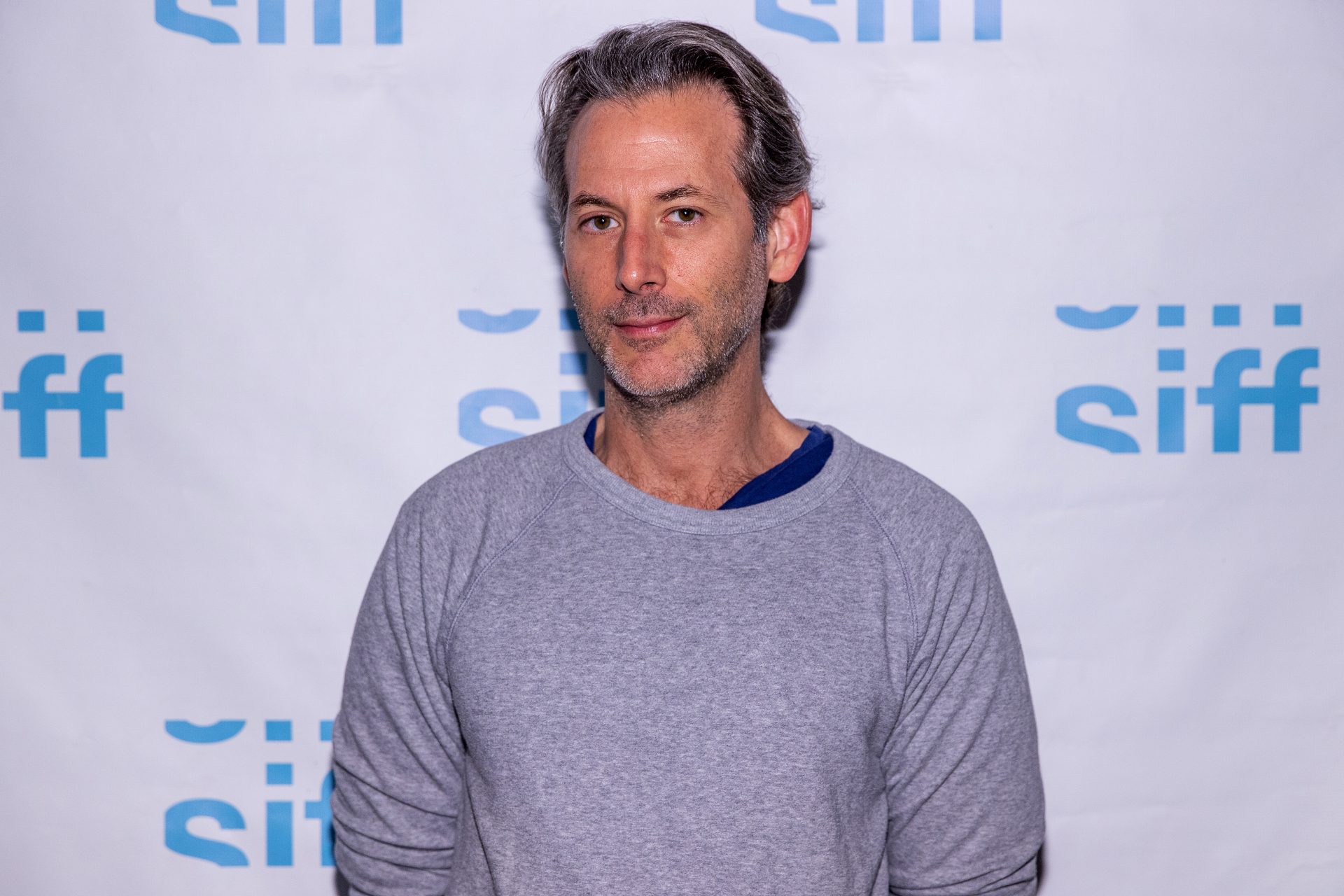Wolfgang Petersen, director of 'Neverending Story,' 'Outbreak,' 'Troy,' dies of cancer
Hollywood director Wolfgang Petersen has died of pancreatic cancer on Friday, August 12. He was 81 years old and surrounded by his family when he passed away in Los Angeles, his assistant confirmed to DPA.
When Petersen was born in 1941, his father was a naval officer on the German side in World War II. After the war, in high school, he began practicing film with his 8mm camera.
Petersen directed plays during and after his theater studies in the 1960s. He also attended the German Film and Television Academy. From 1971, the director made crime drama series, a TV film, and screenplays for several other German TV productions.
The director made episodes for 'Tatort' ('Crime Scene,') the most popular crime drama in Germany. One of his episodes became the second-most successful chapter of the Sunday detective to date.
On German television he was considered one of the most innovative German directors of the time. On the big screen, he caused a controversy in 1977 by making a film about the love between two men. Its title was 'The Consequence.'
In 1980, Petersen directed the large-scale production 'Das Boot,' a World War II drama about the German navy. It would become the most successful foreign-language film in the US up to that point.
Another big project, in English this time, was 'The Neverending Story.' Petersen's film adaptation of Michael Ende's novel would be the most expensive post-war production so far.
Petersen was enthusiastic about fantasy and science fiction. One of his next projects was 'Enemy Mine' with Dennis Quaid and Louis Gossett Jr. He shot the film in Bavaria, but it would be the last one he would make in Germany for a long time.
In 1986, Petersen, who never made a secret of his enthusiasm for America, moved to Los Angeles. Together with producer Gail Katz he internationalized his production company Radiant Film and made several blockbusters for the international market.
After a few difficult years getting started in Hollywood, Petersen got his first hit with the thriller 'Shattered.' It featured Tom Berenger and Bob Hoskins.
In the 1990s, Petersen was at the peak of his career. He made the well-received 'In the Line of Fire' with Clint Eastwood (photo) and John Malkovich. Reportedly, the two actors were his personal favorites for the roles of the good and the bad guy, respectively.
Petersen's disaster film 'Outbreak' has been referred to several times in the past pandemic years. Dustin Hoffman starred as a virologist anxiously trying to curb the spread of a new virus. At the time of the movie's release, Zaire was dealing with an Ebola epidemic.
Petersen's action blockbuster 'Air Force One' with Gary Oldman and Harrison Ford was not as well received in Europe as in the US. Critics from his home country considered it "too American." The Deutsche Welle cited screenwriter Michael Haneke in saying the film was a "nasty propaganda hodgepodge."
With the historical film 'Troy', Wolfgang Petersen broke another budget record. The 162-minute film starring Brad Pitt cost around 175 million US dollars. Another version, another 40 minutes longer than the original, was released three years later.
Petersen last Hollywood production would be a remake of the 1972 disaster movie 'Poseidon,' about a catastrophic ship wreck. The film did not have much success; film chronicles describe it as "hectic and overloaded." After the sinking ship, Wolfgang Petersen took a creative break.
Overall, Petersen was a successful director with fans all over the world. Some of his films grossed over $100 million each. The nomination for an Oscar had come early in his career, in 1981 for 'Das Boot.'
Petersen's death came as a surprise to the film world. Until the end he seemed to be healthy and was creatively active. Just a year before his death, the director said in a DPA interview that he would like to get much older than 80. He still had new film and television projects in the pipeline.
For now, Wolfgang Petersen leaves behind his wife, son, two grandchildren and a 'neverending' film legacy.





























